“I’m sure there are many women reading this who are in the same situation as me! Whilst I try to take good care of my health, my husband tends to bury his head in the sand and is not very responsive to any recommendations for healthier eating or taking supplements.
My main concern is regarding prostate health. He is 45 years of age and has always refused to have the rather unpleasant examination which can potentially detect problems with the prostate at an early stage. However, he has now agreed to have the test next week.
What nutritional advice do you have for prostate health regardless of the diagnosis?”
Clinical Nutritionist, Suzie Sawyer, answers.
That’s such a great question and one many people will resonate with. Essentially, we all want to look after our partners and protect their long-term health.
As you may be aware, one of the more common issues with the prostate is something called Benign Prostatic Hypertrophy (BPH), essentially inflammation of the prostate. It is very common unfortunately, and its most regular symptom is the need to pass urine frequently.
Eat more Omega 3s
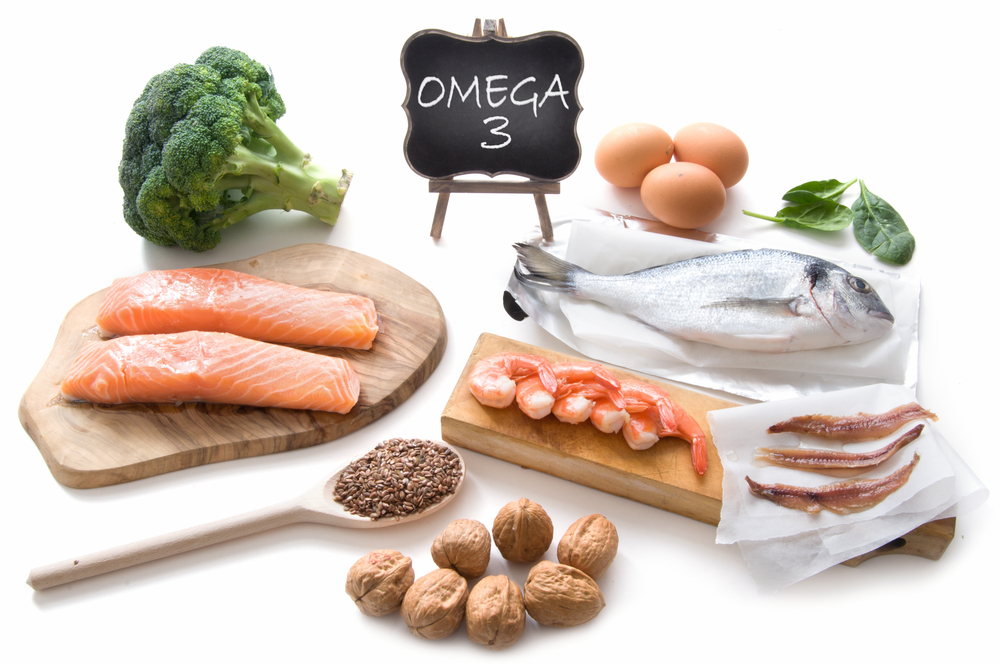
As with anything health-related, prevention is always better than cure. Whilst this condition is not cancerous, it points to an imbalance in hormones which can potentially cause other issues down the line. It’s very important, therefore, to eat plenty of hormone balancing and anti-inflammatory omega-3 fats, found mainly in oily fish such as salmon, mackerel, and sardines. However, for the fish-haters, pumpkin seeds are also a rich source of omega-3s, plus contain loads of zinc which is especially helpful for prostate health. Try to encourage your partner to eat a good handful every day.
Herbal helpers
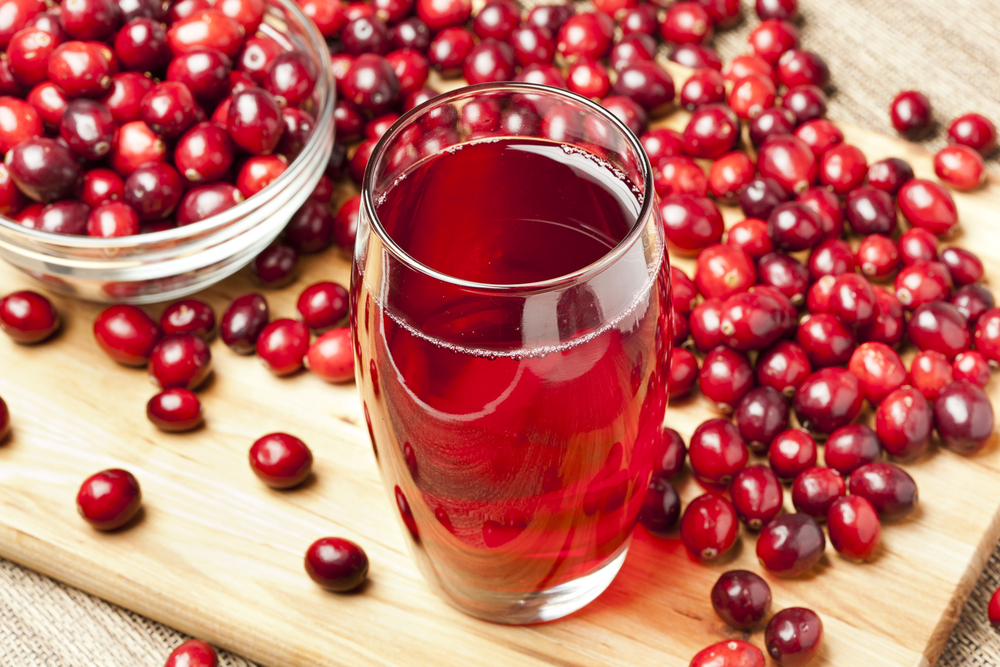
Whilst cranberry juice is helpful for women suffering from urinary tract infections, it’s also useful for men to drink a glass everyday (make sure it’s unsweetened), as it may prevent infections and inflammations.
Additionally, nettle tea is great for inflammation and has proved effective for cases of BPH. The herb Saw Palmetto, which you can find in supplement form, has great research around BPH. It seems to reduce any prostatic enlargement by balancing hormonal stimulation of the prostate gland. There is no downside to taking this preventatively for periods of time. It’s readily available in health food stores.
Go for colourful fruits and vegetables
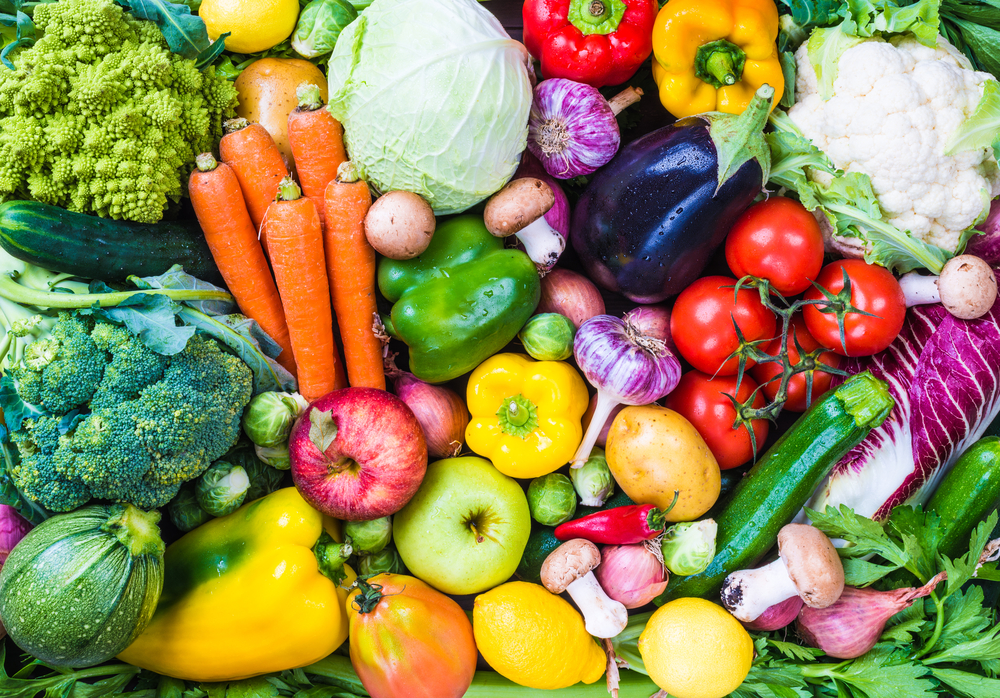
Eating a diet rich in colour is important too. Colourful fruits and vegetables are rich in antioxidants that help protect cells from toxins, known to affect the prostate. Key foods to include are all types of berries, watermelon, sweet potato, avocado, carrots, and cruciferous veggies, including broccoli and cabbage.
The power of tomatoes
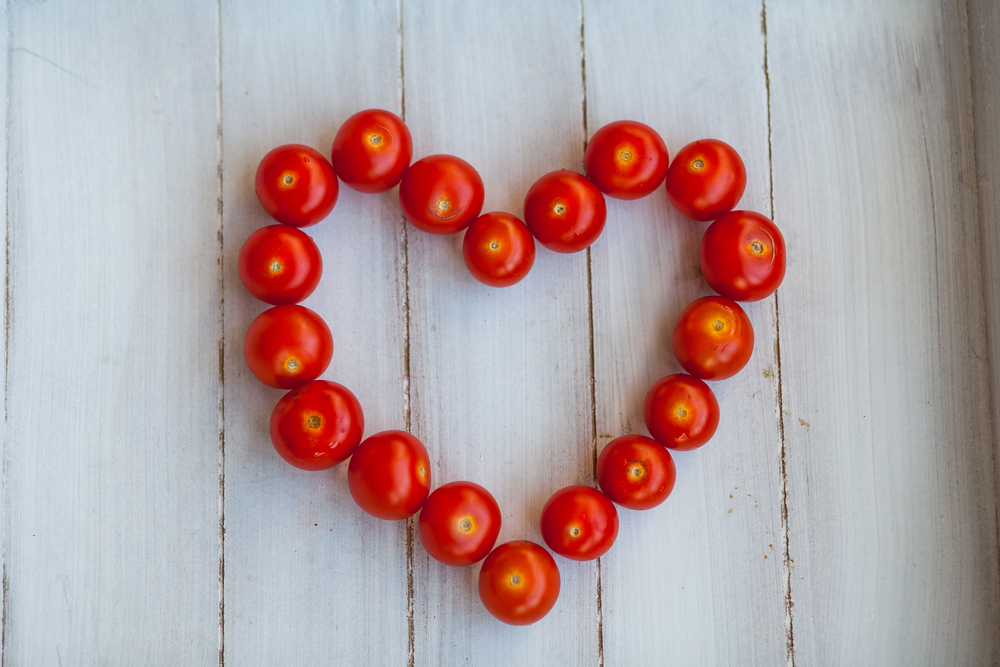
One key fruit to encourage your partner to eat is tomatoes, the reason being is they are high in a special type of antioxidant called lycopene. This powerful plant compound has some great research around prostate health. And it’s tomato season right now it’s the perfect time to get more tomatoes into his diet.
Vitamin C
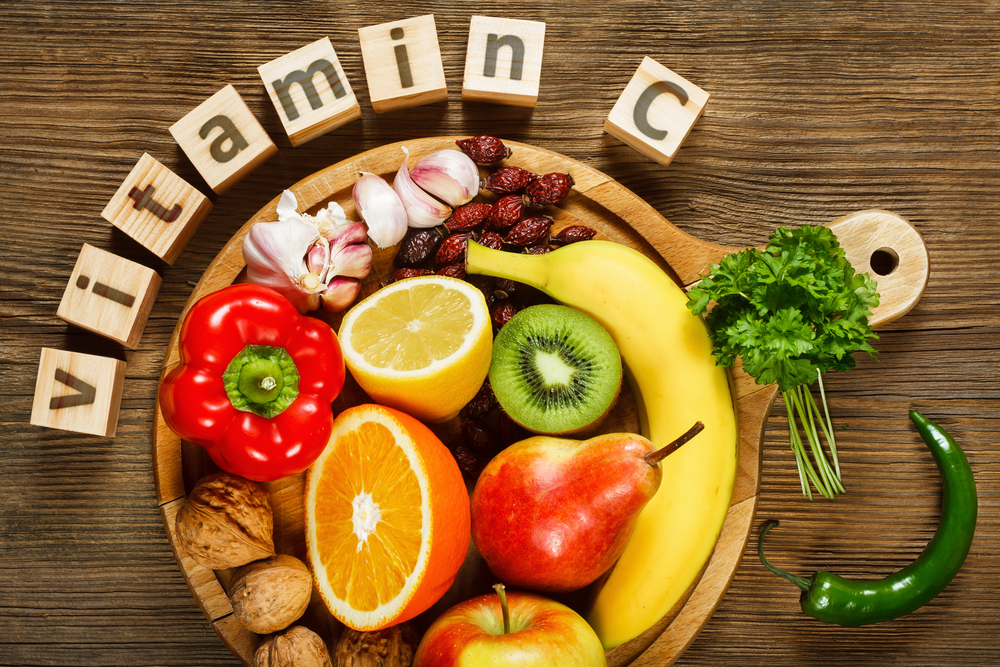
Whilst I appreciate that not everyone wants to take lots of supplements, a vitamin C powder containing bioflavonoids is easy and beneficial to take daily. Vitamin C is important for the formation of collagen and skin tissue and for enhancing the immune system. This will provide benefits to the entire body.
Manage alcohol intake

Whilst it’s not about a life of denial, as for all of us, it’s important to moderate alcohol intake which can cause inflammation. Keep within the weekly recommended guidelines.
Hopefully, all will be well, but the above recommendations will certainly stand his health in good stead.














Add comment